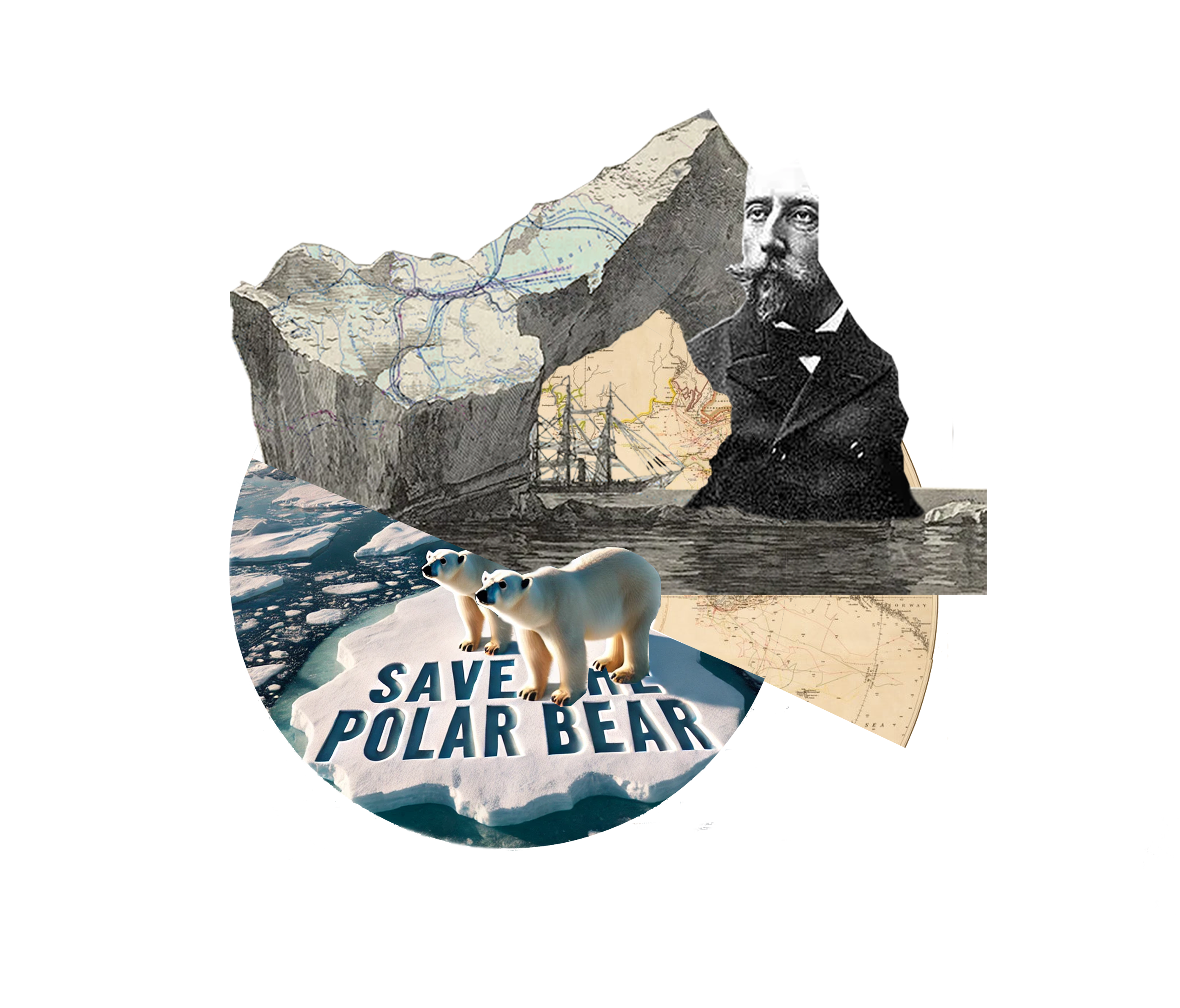Science based Conservation: Difference between revisions
No edit summary |
No edit summary |
||
| Line 3: | Line 3: | ||
You have found a "Wrecksite". Here and there, "shipwrecks" will manifest themselves. They gesture to the apparatuses that produce conditions under which some phenomena can exists within polar bear monitoring, my research and this knowledge-land-scape- and others cannot. Different shipwrecks gesture to different possibilities and futurities. | You have found a "Wrecksite". Here and there, "shipwrecks" will manifest themselves. They gesture to the apparatuses that produce conditions under which some phenomena can exists within polar bear monitoring, my research and this knowledge-land-scape- and others cannot. Different shipwrecks gesture to different possibilities and futurities. | ||
In this shipwreck you find the ''International Polar Bear conservation Agreement.'' It states that polar bear management should be conducted ‘in accordance with sound conservation practices based on the best available scientific data available’ <ref>Lentfer, J. (1974). Agreement on conservation of polar bears. Polar Record, 17(108), 327-330.</ref> | |||
You wonder to what degree such an agreement around "scientific data" would have been inclusive of Inuit Qaujimajatuqangit (Inuit Knowledge), at the time when the moratorium was set in the McClintock Channel. | |||
<div class="next_choice"> You suspect that the knowledge people in Gjoa Haven have on polar bears, may not have played a meaningful role in the two monitoring surveys on which the McClintock Channel PBMU moratorium was set in 2001. Nor do you suspects that Gjoa Haven had much of a say around the process of such decision making. The community HTA complains of not being heard. Maybe you can approach their interests somewhat differently? | |||
<div class="next_choice"> | |||
'''"Return to Cut 1"''' and call the Gjoa Haven HTA to gain some more information and see what the board expects from an academic article around their experiences. | '''"Return to Cut 1"''' and call the Gjoa Haven HTA to gain some more information and see what the board expects from an academic article around their experiences. | ||
Revision as of 22:16, 25 February 2025

You have found a "Wrecksite". Here and there, "shipwrecks" will manifest themselves. They gesture to the apparatuses that produce conditions under which some phenomena can exists within polar bear monitoring, my research and this knowledge-land-scape- and others cannot. Different shipwrecks gesture to different possibilities and futurities.
In this shipwreck you find the International Polar Bear conservation Agreement. It states that polar bear management should be conducted ‘in accordance with sound conservation practices based on the best available scientific data available’ [1]
You wonder to what degree such an agreement around "scientific data" would have been inclusive of Inuit Qaujimajatuqangit (Inuit Knowledge), at the time when the moratorium was set in the McClintock Channel.
"Return to Cut 1" and call the Gjoa Haven HTA to gain some more information and see what the board expects from an academic article around their experiences.
- ↑ Lentfer, J. (1974). Agreement on conservation of polar bears. Polar Record, 17(108), 327-330.
